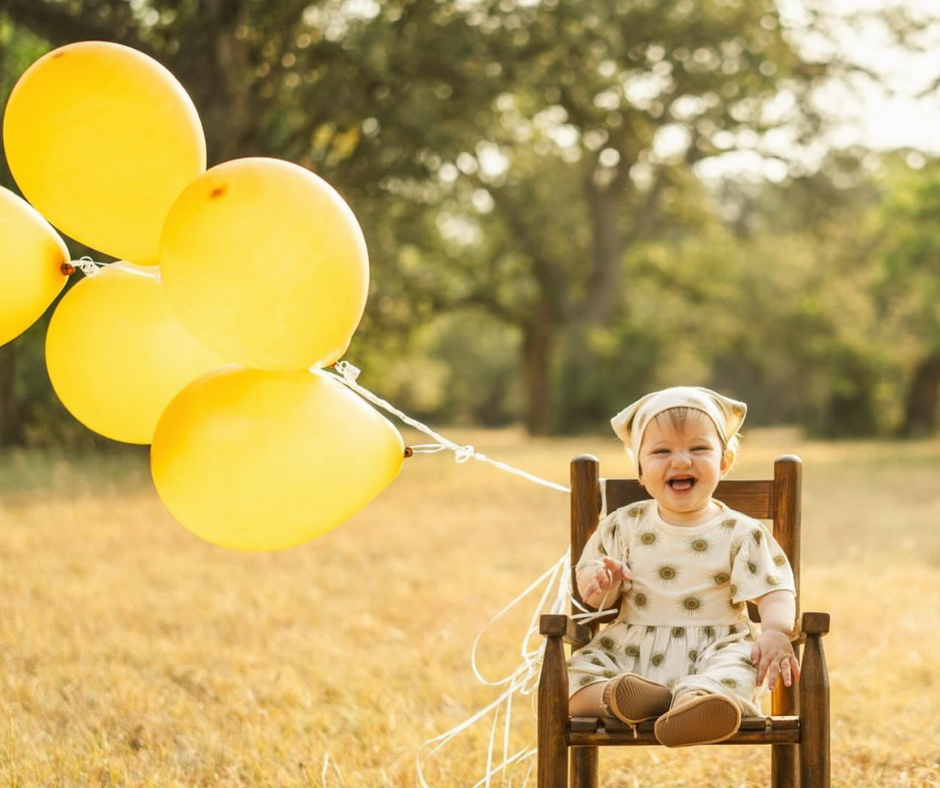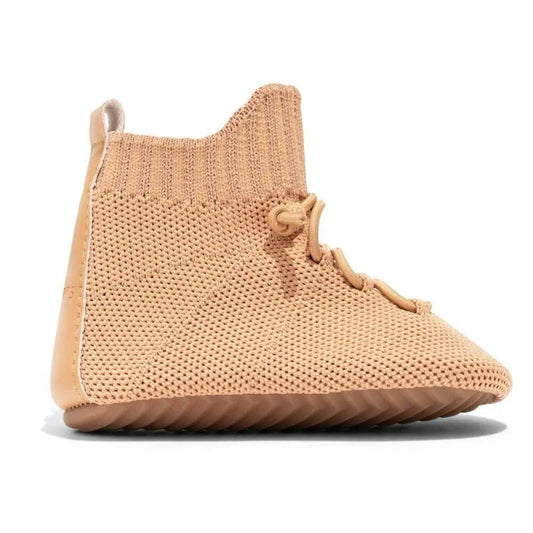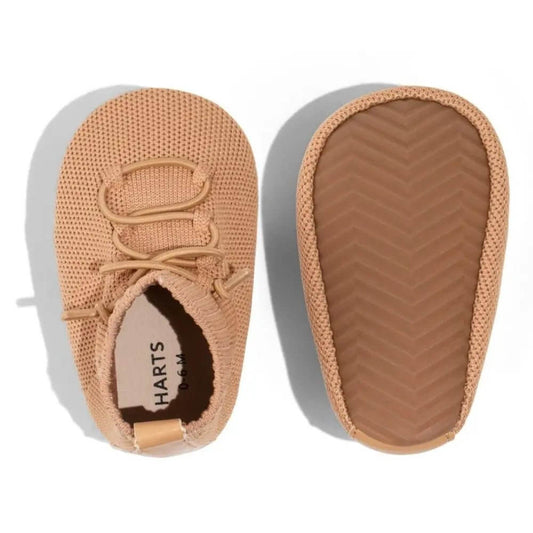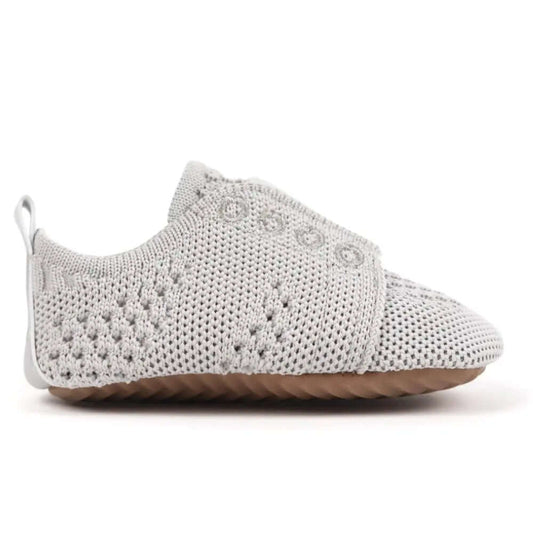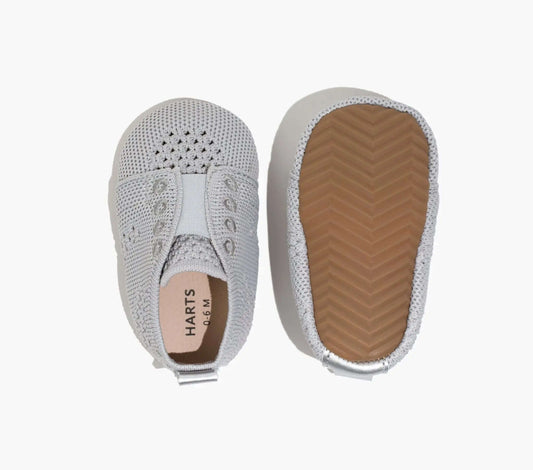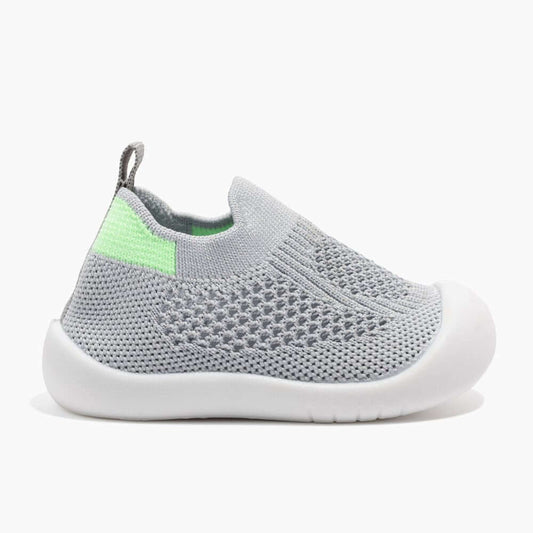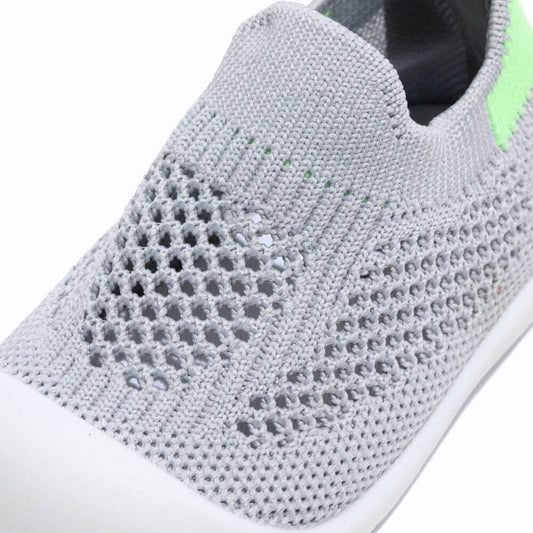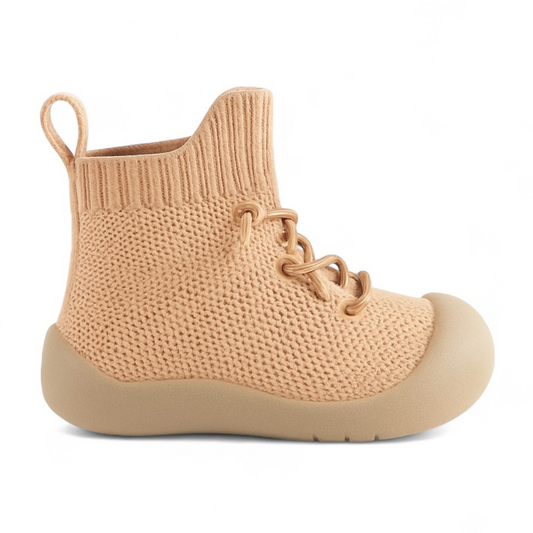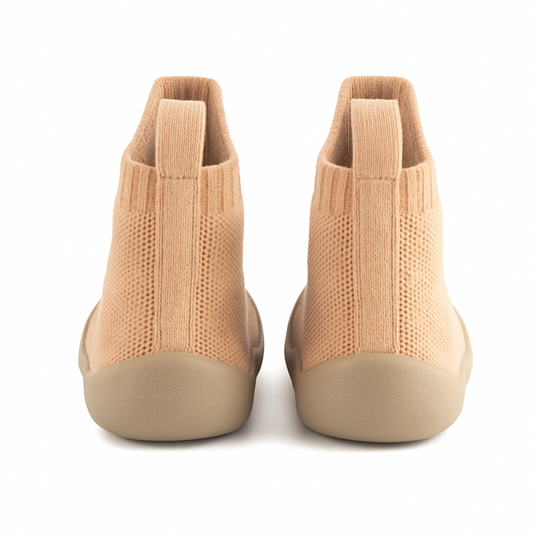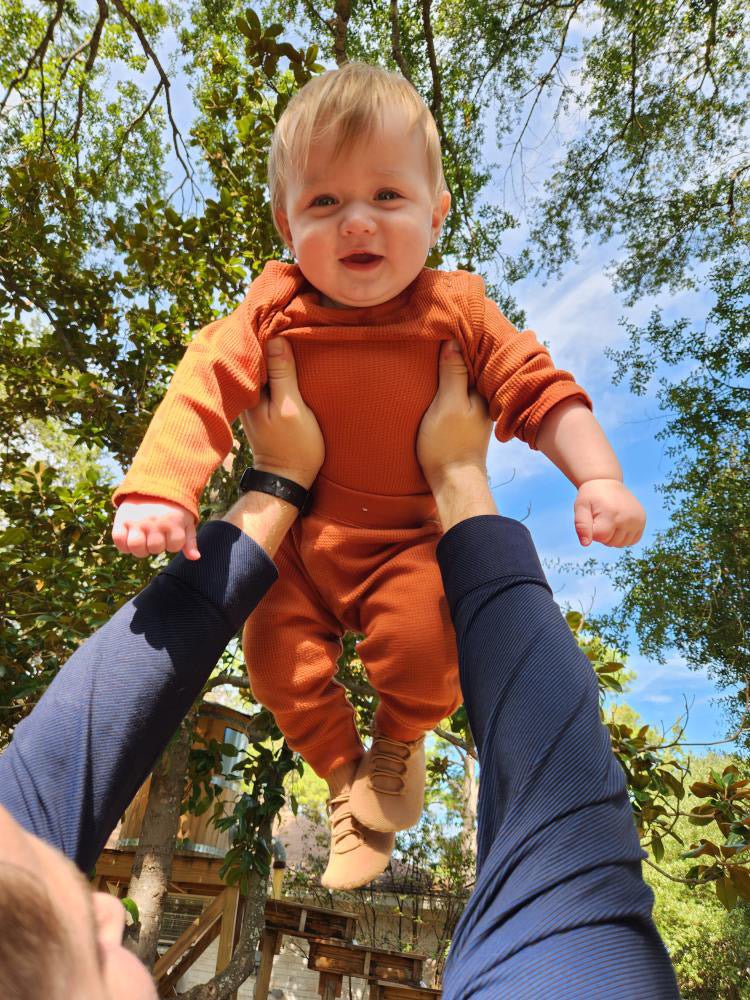
Choosing the Best First Shoes for Your Baby: A Guide
As a parent, you want the best for your baby, especially when it comes to their first shoes. But with so many options available, how do you choose the right pair? In this guide, we will help you navigate through the world of baby shoes and provide you with the information you need to make an informed decision.
Why are the first shoes important?
The first shoes your baby wears play a crucial role in their development. They provide protection and support as your little one starts to explore the world on their feet. The right pair of shoes can help promote proper foot development and prevent any potential issues in the future.
What should you look for in baby shoes?
When choosing the best first shoes for your baby, keep the following factors in mind:
- Flexibility: Opt for shoes that are soft and flexible, allowing your baby's feet to move naturally. This helps in developing their balance and coordination.
- Breathability: Look for shoes made from breathable materials, such as leather or mesh, to keep your baby's feet cool and dry.
- Proper fit: Ensure that the shoes fit your baby's feet properly. They should be snug but not too tight, with enough room for their toes to wiggle.
- Non-slip soles: Choose shoes with non-slip soles to provide traction and prevent slips and falls as your baby starts to walk.
- Easy to put on: Opt for shoes with adjustable closures, such as Velcro or elastic, to make it easier to put them on and take them off.
Are barefoot toddler shoes a good option?
Many experts recommend allowing toddlers to go barefoot or wear soft-soled shoes as much as possible. This allows their feet to develop naturally and strengthens their muscles. However, there are situations where shoes are necessary, such as when walking outdoors or in public places.
If you choose to use shoes for your toddler, look for options that mimic the benefits of being barefoot. Barefoot toddler shoes are designed to provide minimal interference with natural foot movement while still offering protection. They are lightweight, flexible, and have thin soles that allow for sensory feedback.
Conclusion
Choosing the best first shoes for your baby is an important decision. Remember to prioritize flexibility, breathability, proper fit, non-slip soles, and ease of use. Consider barefoot toddler shoes as an option that promotes natural foot development. By selecting the right pair of shoes, you can support your baby's early steps and set them on the path to healthy foot development.
